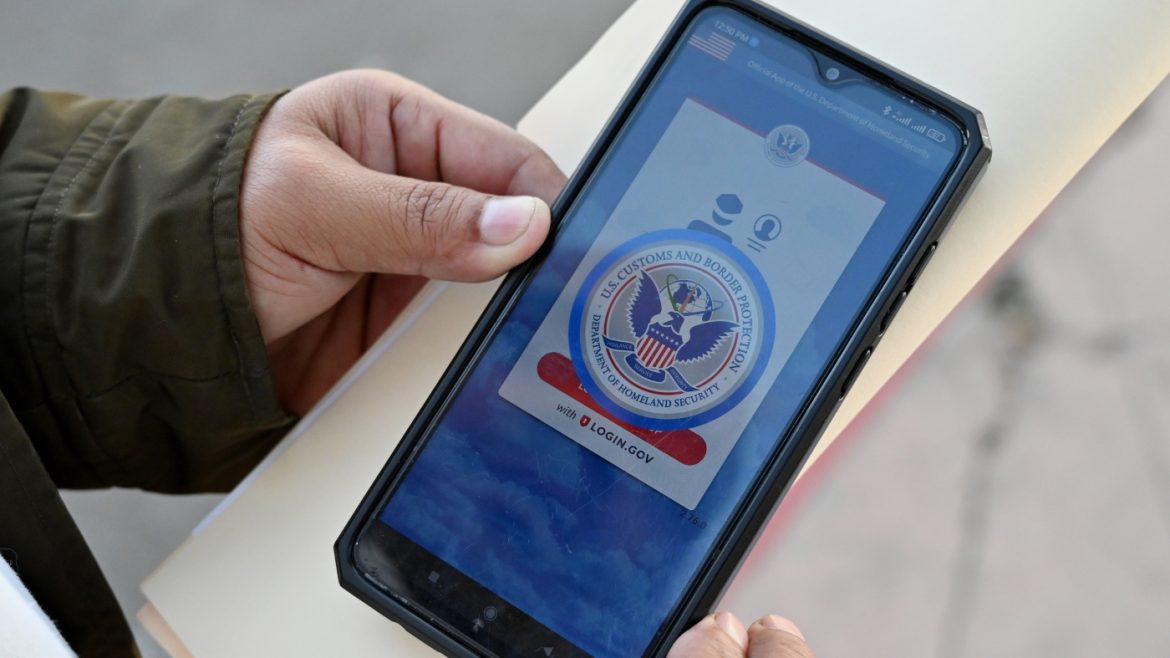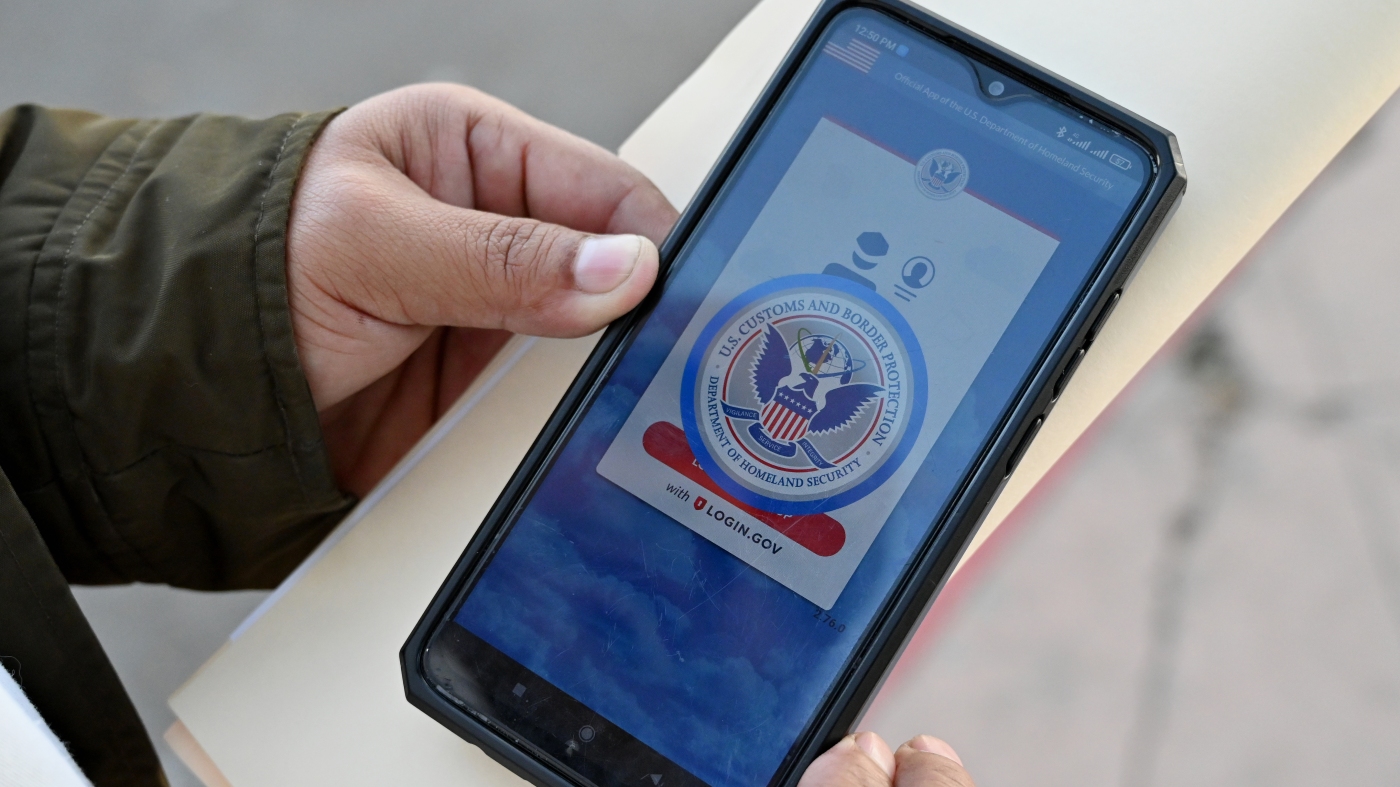The Trump Administration’s Self-Deportation Incentive
The Trump administration’s latest immigration strategy involves offering undocumented migrants $1,000 and paid travel to voluntarily leave the United States. This initiative, aimed at reducing the financial burden of deportations and encouraging a “dignified” exit, has sparked significant debate and analysis. Below is a detailed examination of this policy, its implications, and potential outcomes.
The Policy in Detail
Financial Incentives and Travel Assistance
The Department of Homeland Security (DHS) announced that undocumented immigrants who use the CBP One app to voluntarily leave the U.S. will receive a $1,000 stipend and travel assistance. This initiative is part of a broader effort to make deportation more cost-effective for the government. The DHS claims that the $1,000 payment will be issued only after the individual has returned to their home country and confirmed through the app. This approach is seen as a more humane and efficient alternative to traditional deportation methods.
The CBP One App
The CBP One app, previously used for seeking asylum, is now being repurposed to facilitate voluntary departures. Migrants who use the app to notify the government of their intention to return home will be deprioritized for detention and removal by immigration enforcement. This deprioritization is intended to make the process less traumatic and more orderly.
Legal and Ethical Considerations
The policy raises several legal and ethical questions. Critics argue that offering financial incentives to leave the country may be seen as coercive, particularly for those who have established lives and families in the U.S. Additionally, the legality of such incentives is under scrutiny, with some legal experts questioning whether they comply with existing immigration laws and international human rights standards.
Implications for Migrants and the U.S.
Economic Impact
The Trump administration asserts that this policy will save taxpayers money, as voluntary departures are less expensive than formal deportations. The $1,000 stipend and travel assistance are expected to cost less than the average deportation process, which can involve legal proceedings, detention, and transportation.
Humanitarian Considerations
While the administration pitches this as a “dignified” way to leave the country, the reality for many migrants is far more complex. Those who have been in the U.S. for over a year may face a 10-year ban on reentry, making the decision to leave even more difficult. Moreover, the psychological and emotional toll of uprooting one’s life cannot be underestimated.
Public Perception and Political Fallout
The policy is likely to be a contentious issue in the political arena. Supporters of the Trump administration may view it as a necessary step to enforce immigration laws and reduce the burden on U.S. resources. Opponents, however, will argue that it is a cruel and inhumane approach to immigration enforcement, one that prioritizes cost-saving over human dignity.
Potential Outcomes and Future Directions
Short-Term Effects
In the short term, the policy may lead to an increase in voluntary departures, as some migrants see the financial incentive as a viable option. Over 5,000 illegal immigrants have already departed the U.S. voluntarily using the CBP One app, which the Trump administration says is the safest way to deport. However, the long-term effects are less clear. Will this policy deter future migration, or will it simply create a new set of challenges for those who choose to leave?
Long-Term Implications
The long-term implications of this policy are multifaceted. On one hand, it could reduce the number of undocumented immigrants in the U.S., thereby alleviating some of the pressures on immigration enforcement agencies. On the other hand, it could lead to a brain drain, as skilled and educated migrants choose to leave rather than face the uncertainty of deportation. Additionally, the policy may set a precedent for future administrations, influencing how immigration enforcement is handled in the years to come.
Conclusion
A Complex and Controversial Policy
The Trump administration’s offer of $1,000 and paid travel to undocumented migrants who voluntarily leave the U.S. is a complex and controversial policy. While it aims to reduce the financial burden of deportations and provide a “dignified” exit for migrants, it raises significant legal, ethical, and humanitarian concerns. The policy’s success will depend on its ability to balance cost-effectiveness with compassion, and its impact will be felt not only by the migrants themselves but by the broader U.S. society. As the policy unfolds, it will be crucial to monitor its effects and adapt as necessary to ensure that it serves the best interests of all parties involved.


